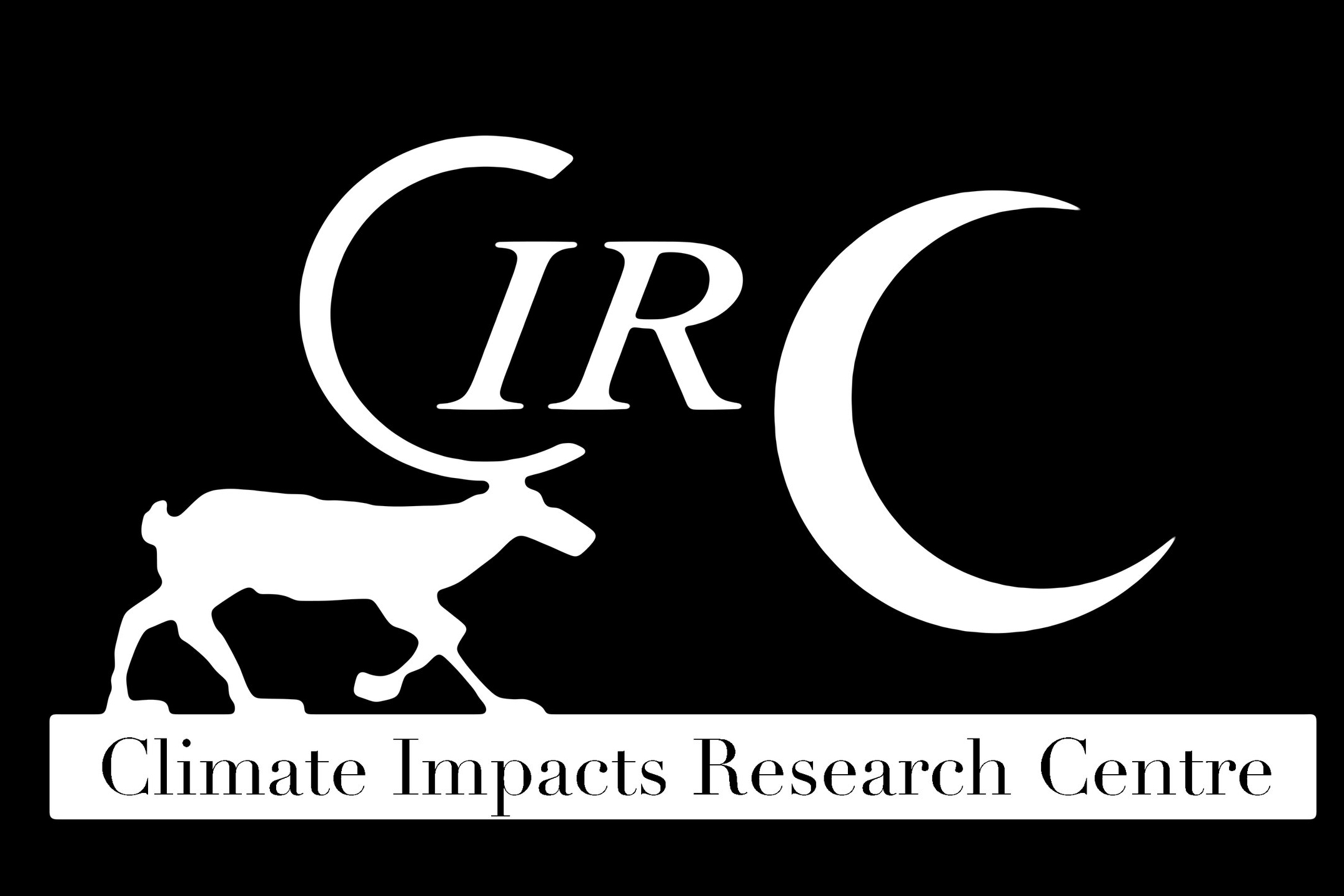Effects of altered snow conditions on herbivory in an arctic ecosystem
Project Summary
By the end of the century, an increase of global average temperatures with 1.4 - 5.8° is predicted as a result from increased greenhouse gas levels in the athmosphere. The climate scenarios for northern latitudes predict not only higher temperatures but also higher precipitation that may even create a greater and prolonged snow cover in some areas. The profound changes in temperature and snow conditions may change plant community composition and ecosystem functioning, and produce positive or negative feedbacks to climate via changes in the carbon cycle. Herbivory is a key process for the function of arctic ecosystems, as herbivores alter plant community composition, plant chemical composition, nutrient cycling, primary production and carbon storage.
The goal of this project is to study how altered snow conditions will affect plant-herbivore interactions in arctic ecosystems. We will thus study herbivory and plant chemical composition in a snow manipulation experiment along a natural gradient in snow cover. A combination of plant chemical analyses and ecological studies of herbivory in the field is essential in order to understand these complex interactions. We can, by running experiments along natural gradients, avoid many weaknesses commonly associated with both experiments and descriptive studies.



